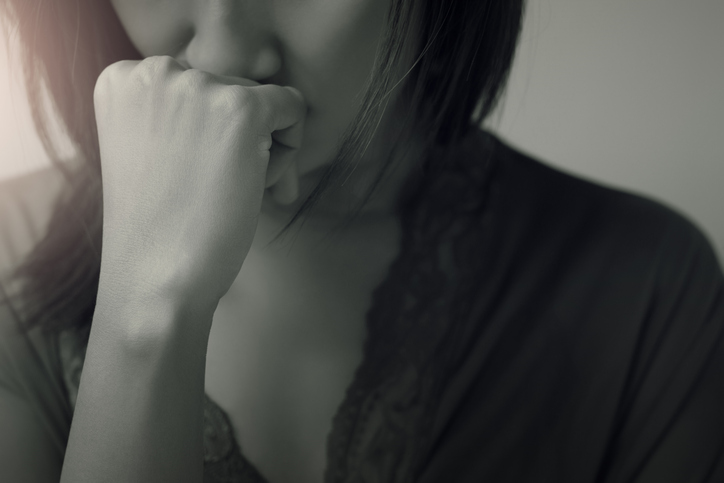How effective is St. John’s wort for treating depression?
/How effective is St. John’s wort for treating depression?
One of the most commonly purchased herbal products in the United States is St. John’s wort (SJW). This herb coming from a yellow-flowering plant, has been used in traditional folk medicine for centuries dating all the back to ancient Greece. At that time is was often used as a medicine used to treat a range of illnesses due to its anti-inflammatory, antibacterial, antioxidant, and antiviral properties.
Over the years, extracts of St. John’s wort have been used to treat various conditions including depressive disorders. It was discovered in the late 1990’s through studies that SJW worked just as well as antidepressants (selective serotonin reuptake inhibitors or SSRI’s) for treating mild to moderate depression. Most studies show that SJW may help treat mild-to-moderate depression, and has fewer side effects than most other prescription antidepressants. For anyone wanting to avoid the side effects of taking an anti-depressant, this has been welcome news. Some individuals view taking an antidepressant as a negative – there is a stigma associated with it, the expense, lack of availability of mental health treatment and the possibility of side effects such as weight gain, sleepiness, nausea, or dry mouth.
However, SJW is not a proven therapy for depression and can interact with a number of medications, so it should only be taken under the guidance of a health care provider. St. John’s wort, along with any other type of herbal products, should never be used to treat severe depression – where a person is having trouble functioning day to day or having thoughts of harming themselves or others.
What makes SJW perform similar to an antidepressant is two main active ingredients it contains – hypericin and hyperforin. These two substances inhibit the reuptake of serotonin, dopamine, and norepinephrine allowing them to remain in nerve synapses longer reducing feelings of depression.
How effective is St. John’s Wort?
Does SJW have a positive effect on depression similar to antidepressants? A recent systematic review showed that SJW given as monotherapy for mild and moderate depression is superior to a placebo in improving symptoms and was not significantly different from antidepressant medications. However, there was evidence of substantial heterogeneity between studies making it hard for researchers to identify systematic sources of differences between studies. The study also found there is a lack of research showing the effectiveness of SJW for severe depression.
In 2015, sales of SJW dropped off as sales figures were about half of what they were in 2012. The reason for this downward turn was due to new research showing SJW interacting negatively with several different types of medications including contraceptives, anticoagulants, anticonvulsants, antiretrovirals, and some cancer therapies. It was found to either reduce the effectiveness of medications or have the opposite of increasing the effectiveness.
The herb has also been shown to interact with antidepressants leading to a build-up of serotonin resulting in high body temperatures, agitation, and even seizures.
Another side effect of SJW is causing photosensitivity in fair-skinned individuals. This may happen if a person taking a formula of SJW containing the component hypericin at a higher dose of 2-4 grams a day. This side effect not only can cause a bad sunburn but can increase the risk of cataracts since hypericin builds up in the lens of the eye.
The quality of SJW sold to the public has also come into question. In 2016, ConsumerLab tested SJW products and found that of the 10 products selected for testing, 60 percent failed to meet quality standards. They either did not contain the listed or expected minimum amounts of one of the active ingredient, hypericin.
Take home message
St. John’s Wort may help depression but beware as it could have potentially serious side effects. Herbal supplements have been used for thousands of years to treat various medical conditions. It is important to know that the Food and Drug Administration doe s regulate dietary supplements but under a different set of regulations than those covering “conventional” foods and drug products.
St. John’s Wort may work and help out for those with mild to moderate depression but it should not be used as the only treatment method for severe depression. When deciding whether to try SJW as a possible treatment for depression, discuss it first with your doctor getting their expertise and advice on whether to use it or not. Other criteria assessing the safety of SJW include the following:
· Choose a brand that has passed the ConsumerLab.com test
· Use a lower dose to reduce the likelihood of causing sun sensitivity
· Before taking SJW, check with your doctor about the safety of using it with other medications taken regularly including antidepressants. There is always the possibility of herb/drug interactions.

